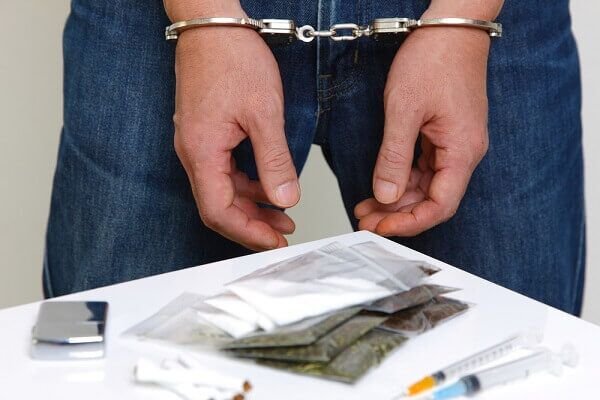HT DIGITAL
AIZAWL, JULY 21: At least 49 individuals, including five women, have lost their lives in Mizoram from January to June this year due to alcohol-related complications, State Excise and Narcotics Department Commissioner Z. Lalhmangaiha has disclosed. The discovery has contributed to even greater urgency to the state’s struggle with drug, alcohol, and substance abuse.
The Excise and Narcotics Department has made serious efforts to analyze the safety of country-made or locally produced alcohol, which has been reported as dangerous for human use. A sample was sent to a laboratory in Delhi in 2023, which after testing proved its very high toxicity. Another sample was sent earlier this year, but the report turned out unsatisfactory once again. As the next step, the department is planning to send a third sample to a Kolkata laboratory for testing.
In order to implement the Mizoram Liquor (Prohibition) Act, 2019, prohibiting the production, sale, consumption, and import of liquor in the state, officials of the department have stepped up the check at hotels and restaurants. They are also carrying out regular night rounds in Aizawl and other district headquarters to preserve public order.
In these patrols, more than 100 homeless people sleeping on the streets, in markets, or outside houses were identified by officials. The majority of them, Lalhmangaiha said, are struggling with drug addiction, and numerous others have been disowned by their families because of their condition.
In spite of the prohibition law, the government has granted 101 permits for producing and selling wine from fruits and grains locally cultivated. Of these, 99 were for individuals and one each for a society and a club. These are all done as part of a strategic move to help local agriculture.
On March 10, the Mizoram Assembly approved an amendment to the ban law enabling the production and sale of wine and fruit beer produced only from locally grown crops like ginger, banana, dragon fruit, passion fruit, pineapple, gooseberry, guava, starfruit, sugarcane, jackfruit, watermelon, and honeydew melon.
The amendment also provides for special permits for foreign and local visiting dignitaries and tourists. State Excise and Narcotics Minister Lalnginghlova Hmar, while tabling the amendment, clarified that the bill is meant to economically empower farmers by allowing them to process their produce into value-added products such as wine and beer.
The bill, though, met resistance in the Assembly, with opposition members walking out while it was passed.












